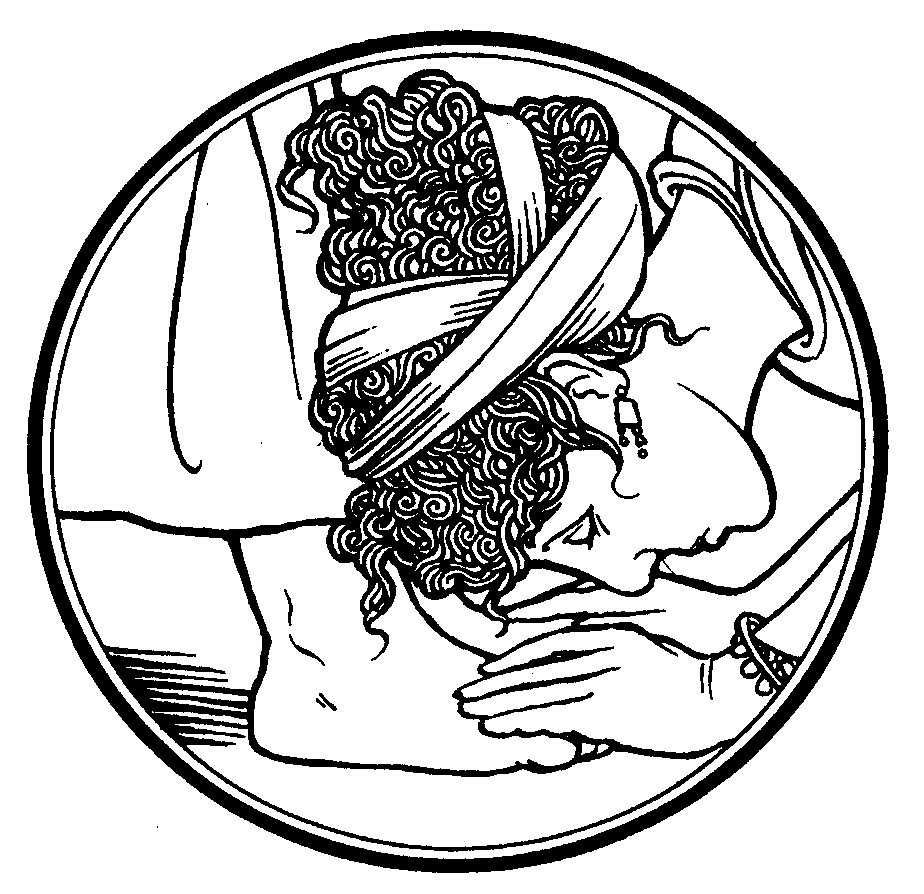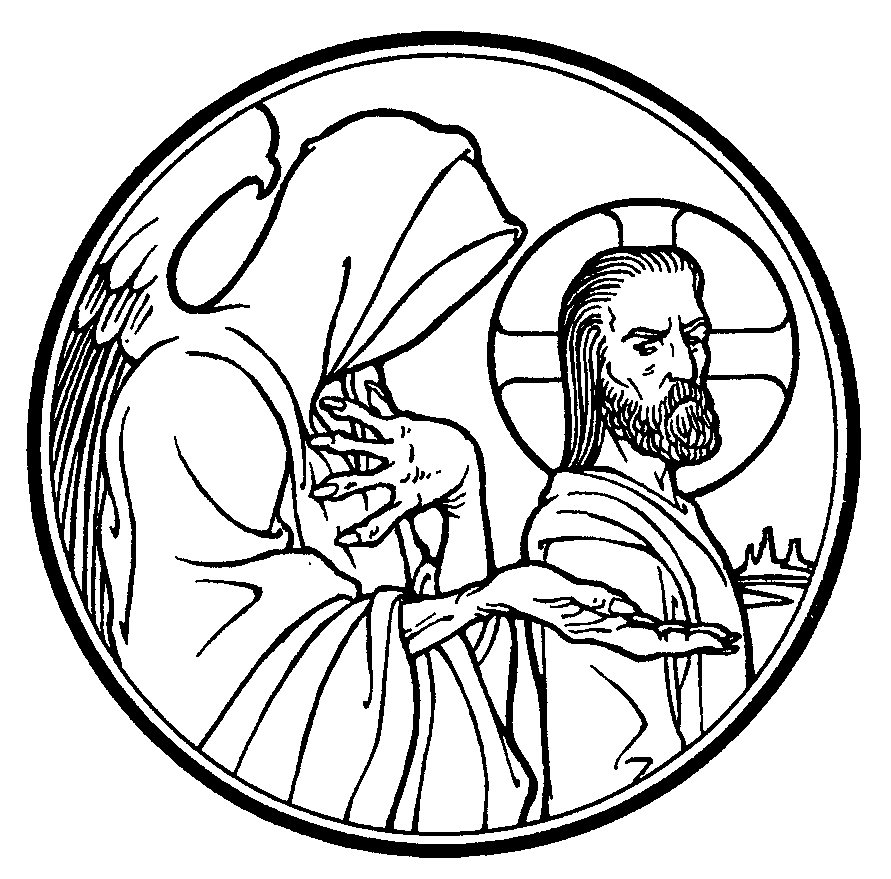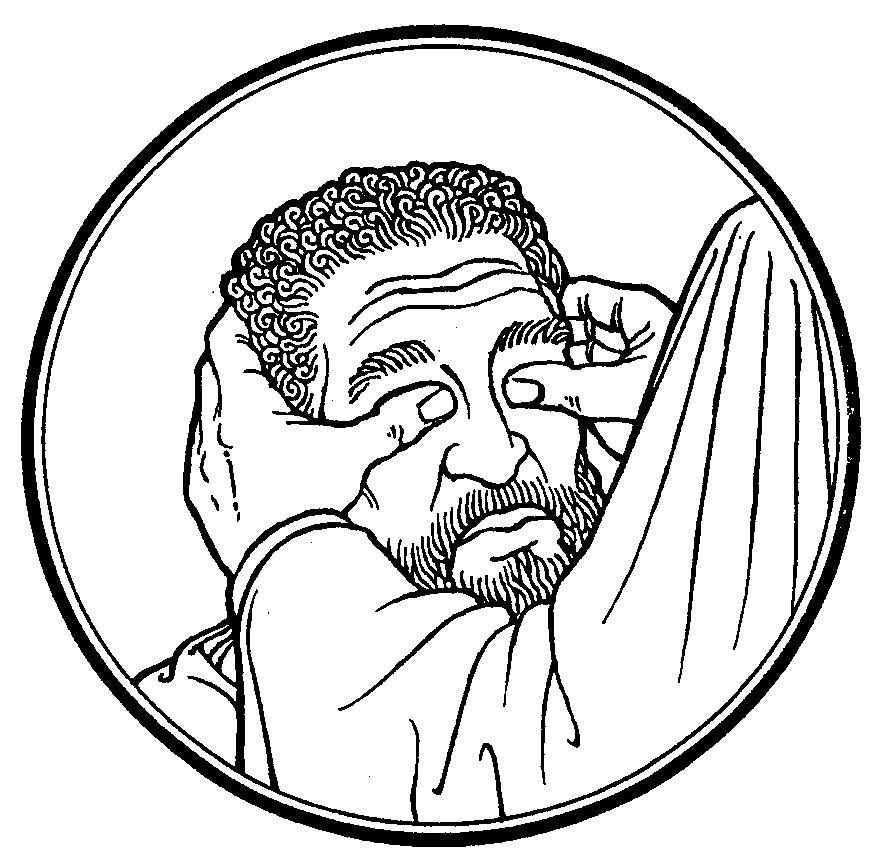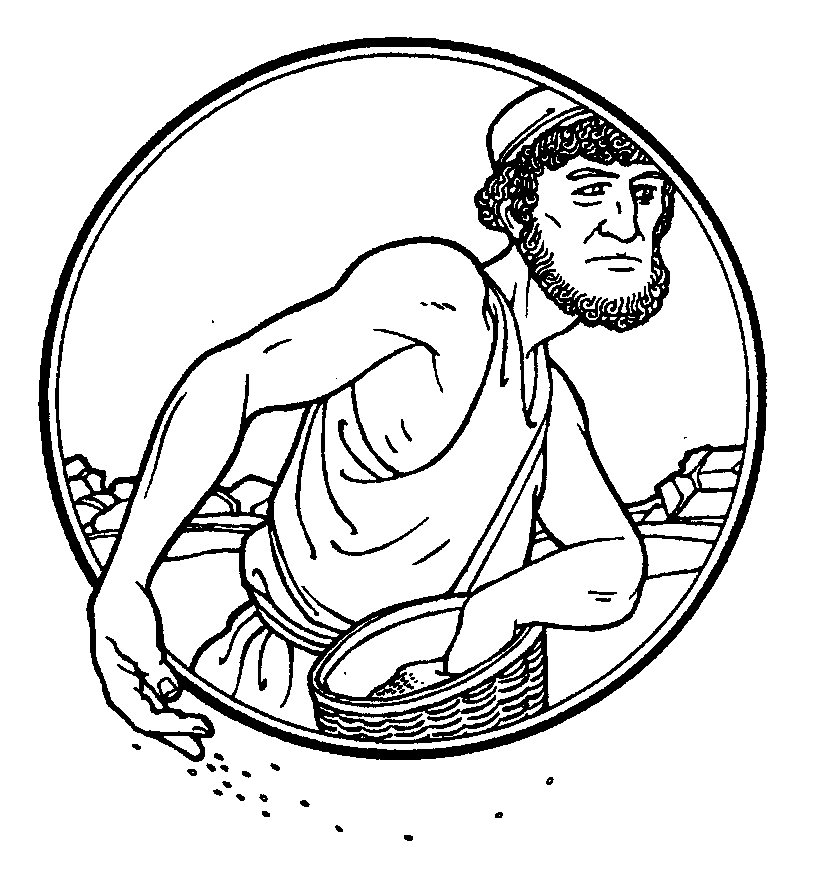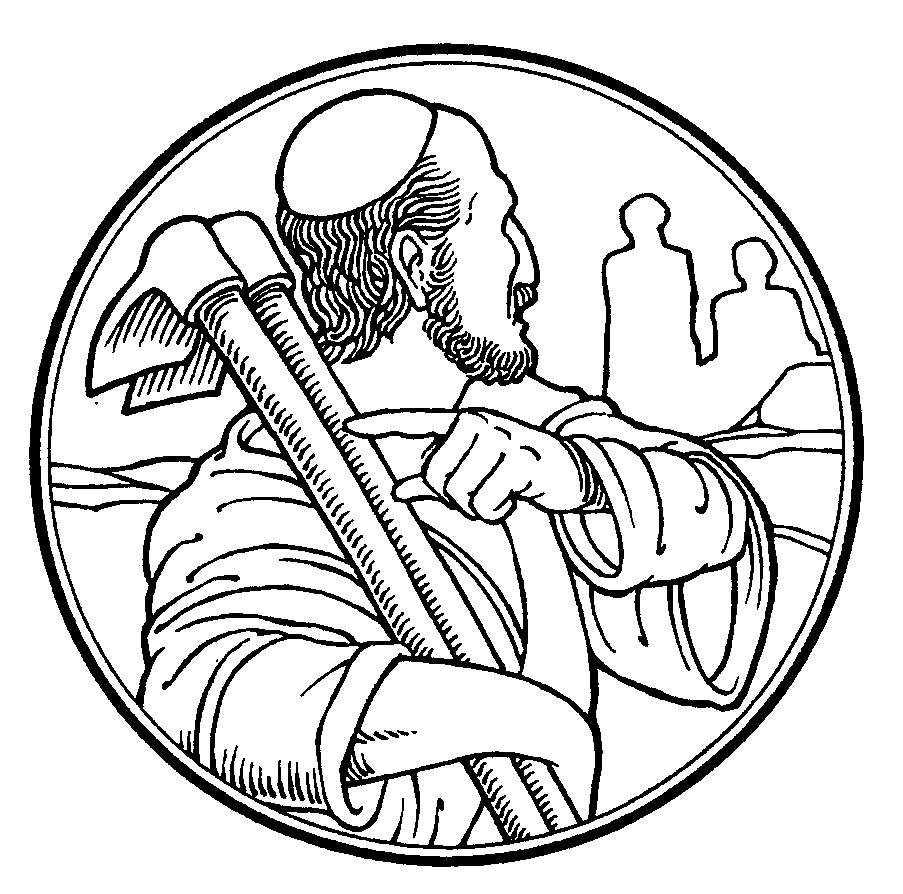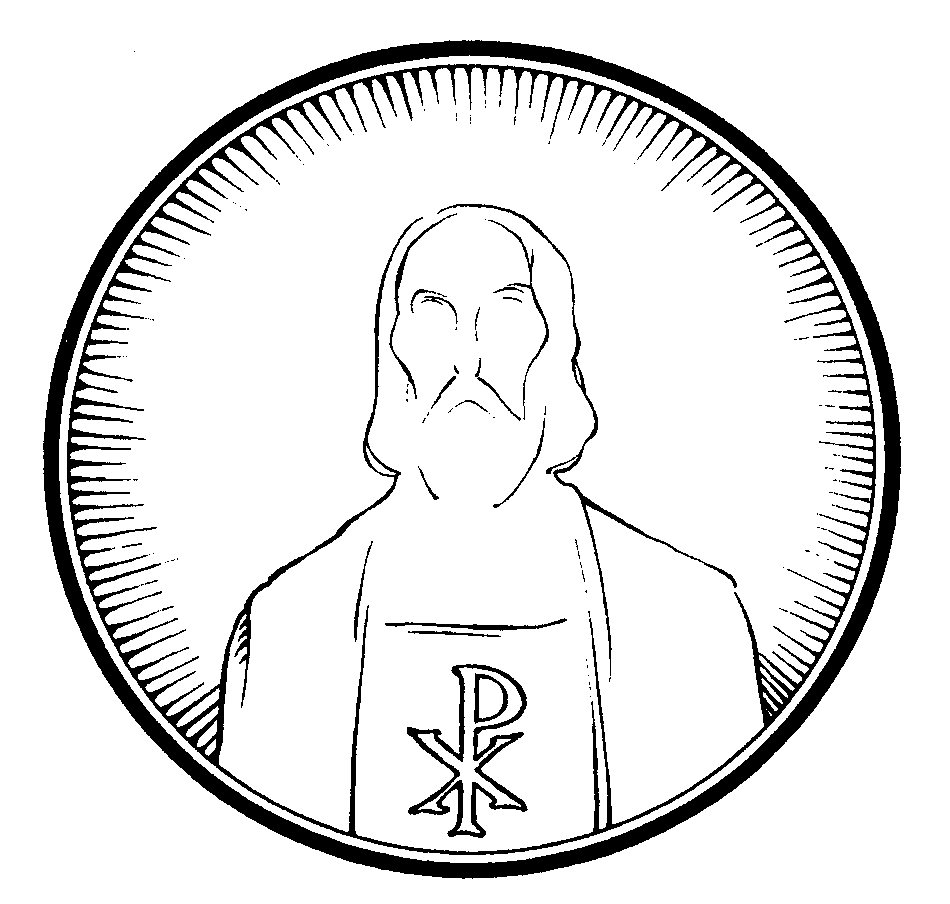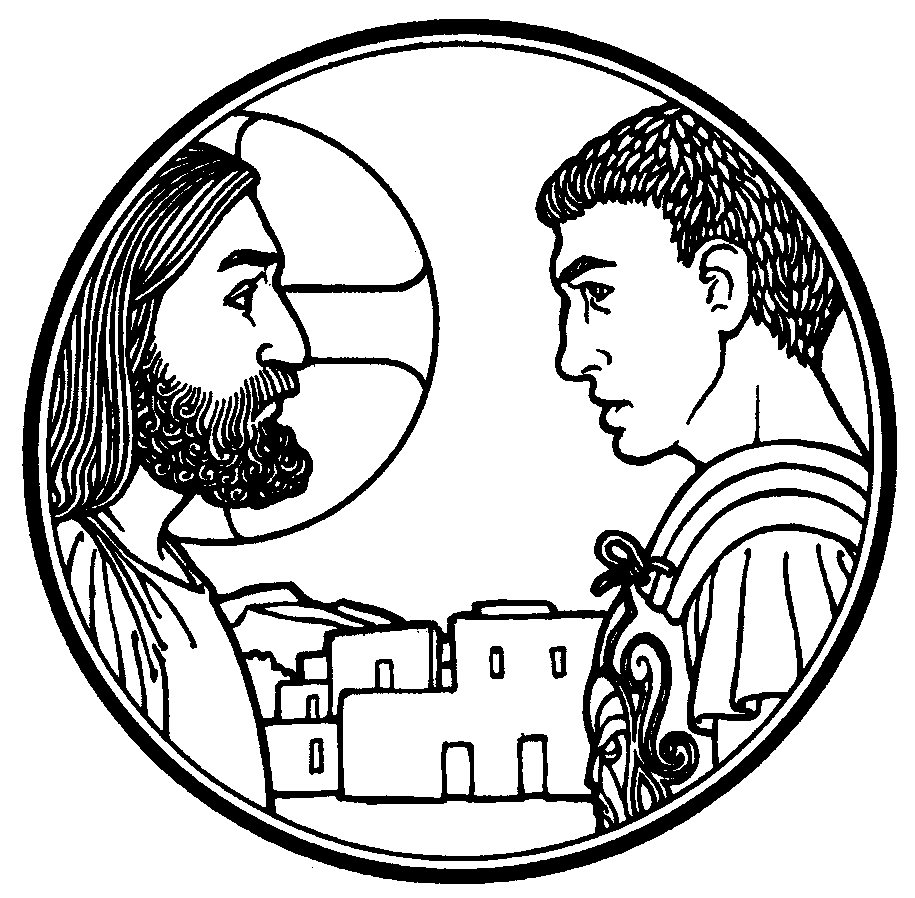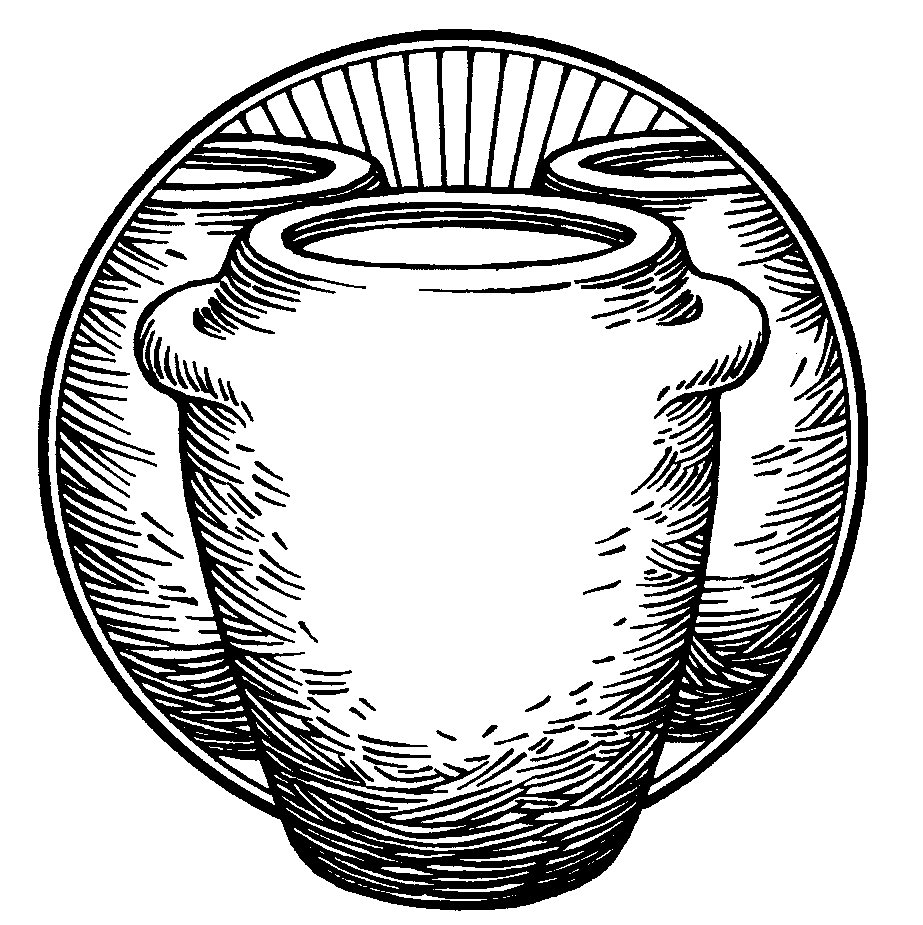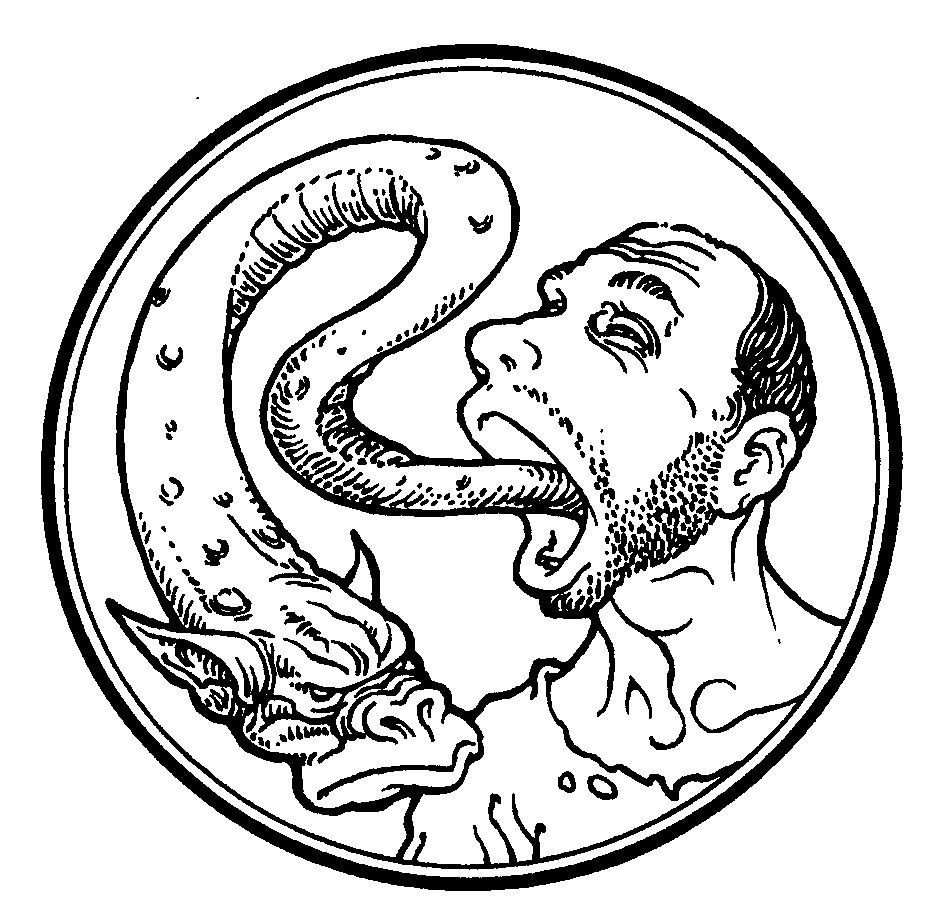
What is this Kingdom of God like? We see the Kingdom already in the ministry of Christ. He did not say, “The Kingdom will come eventually.” Instead, He said, “The Kingdom has come among you.”
The same Kingdom that Christ brought is ongoing. It is also here with us. It is the same kingdom that we pray would come to us in the Lord’s Prayer. So let us see what He revealed about the Kingdom.
First of all, the Kingdom is where God’s Word is preached and by that Word demons are cast out. Christ said, “If it is by the finger of God that I cast out demons, then the kingdom of God has come upon you.” This is the same as to say that the Kingdom of God is where Satan and his power is broken. Where Satan’s power is broken, there is forgiveness and life. Because Satan’s power is in accusing, taunting, binding people in their sin, and increasing the bondage by pride and apathy, therefore, when sin is called out and repentance is worked by the Word of God, in hope for salvation in Jesus Christ, Satan’s power is undone. The chains are broken and remission of sins is granted by faith in Jesus Christ crucified and raised.
Therefore, all those who have not received the remission of sins purchased by the death of Christ are still under the devil’s power. Those who are still spiritually dead are still at the mercy of demons.
This is not to say that every unbeliever is possessed in the strict sense or in that wild possession that we read about in the Bible, though some are. But every unbeliever is a possession of Satan, that is, he owns them and holds sway over them.
You are either in the Light, or you are in the darkness. There is no in-between. You are either in God’s Kingdom, or the kingdom of beelzebub. There are only two sides to this coin. As Jesus said, “Whoever is not with me is against me, and whoever does not gather with me scatters.”
We could not get out of that kingdom of Satan that “Prince of this world”, by our power. No one was clever enough to trick Satan into releasing them. No one could beat him at a game to win their freedom. No one could play a musical instrument well enough that the prince of darkness would be forced to let them go. That is simply a fantasy.
The devil may very well let a person think that they have beaten him. Nothing makes him happier than convincing a person that they have successfully fought for their freedom by their own skill or will or good works. Then he will leave them alone for a time, allowing them the illusion that their life is free of the influence of evil for now.
It may happen something like this: A person struggles with a horribly sinful lifestyle, perhaps a drug addiction. In a moment of clarity, they realize how low they have sunk. They fight and they battle against the chains that hold them. And indeed, they may by effort and self disciple defeat whatever harmful thing it was. Then they may think that they have won in their struggle against evil.
But without Christ, they never won anything. It is a short term victory. They may clean up their life a little, make it more presentable, so to speak. That just fattens up the prize, in Satan’s mind. Anyone who thinks that they can overcome evil by their strength is held even more firmly in the grip of the devil, whatever their experience may tell them.
Christ describes just such a situation. When a person has been released from demonic influence, they are like a house that has been swept clean and put in order. But as long as Christ is not in that house, or they have not actually kept and held onto God’s Word, it may sit empty but it still belongs to beelzebub, no matter how shiny the floors may appear. Then the demons may return whenever they want, and the person will end up worse than they were before.
We would be no better off, unless the stronger Man prevails. The stronger Man is Jesus Christ. He must overcome the prince of darkness for us. For all Satan’s strength, he is a weakling next to Christ. There is no contest there.
This is where the kingdom of God goes to work. And a contest took place in order to ransom the souls of men and women from the condemnation and misery that they rightly deserved by their sin. Jesus came to purchase, to overcome, to be victorious for us over Satan’s claim to torment us and chuckle and our doom.
The contest happened at the Cross, when Christ attacked the forces of darkness and won by His own body punctured and His blood shed as a Holy offering.
The contest happens whenever God’s name is laid upon a new baptized person in the waters of Holy Baptism. There God claims them as Beelzebub is cast out and replaced with the Holy Spirit.
The contest happens whenever God gathers His people from wherever they were to a local congregation to where the Word of God is preached, read, and sung rightly according to God’s promise.
The devil cannot win against the Word, for it is the Finger of God, mightier than earthly kingdoms, mightier than the forces of nature, mightier than the strongest demon from hell. The unclean spirits flee from that Word.
This Word in this place will keep you safe from the worst of Satan’s attacks. But if you decide that it is by your strength and your goodness that you are free of Beelzebub, then beware. If you think that you do not need this Word much, and you are just fine without it, then watch out. The return of evil to a person’s life causes a worse state than before, even if a person does not realize it. The devil numbs them to the destruction falling upon them. All the while they think that they are moving upwards in morality and enlightenment, from good to better to best. But they are actually sinking down under the claws of evil.
So stay close to the Word. You cannot get too much of the Word, as long as it is purely taught. As Christ said, “Blessed are those who hear the Word of God and keep it.” Do not think that the Word is a casual, light matter. It is a matter of grave concern. It is your life, the light that holds back the darkness.
Another thing about the Kingdom of God is this. There will always be some people who will speak against Christ and the Gospel. They will also speak against you. It does not matter how good you are. If you were even as good as Christ (which is obviously not possible), they would still say terrible things about you.
That is what happened in our Gospel today. They said that Christ was in league with Satan, and that is how He was casting out demons. This is a terrible insult and blasphemy against the pure and innocent Son of God.
But if they speak that way about Him, how much more will they speak against us! We are of ourselves, worthy of being put down. We were born in the kingdom of darkness, conceived in sin. So often in our lives, even after we have been rescued from beelzebub, we have acted as if we are in league with him. Our actions so often have followed his lead instead of the Commandments of God.
Yet we have been called out of the world. We are no longer citizens of the devil’s domain, but children of Light. We are the holy Church, and members of the Body of Christ.
That is why those who reject the Word will reject you, sooner or later. They must despise anything that has to do with the true Christ. I say “true Christ” because many of these people will claim to be Christians, but they have a false Christ that they worship. Many will think that they are the true believers, even though they trust in a religion of works and reject God’s grace as revealed in the Word of truth.
Because they despise Him, they must despise His Word, and they must despise you, who are His Body.
Do not be surprised when it happens. Do not be surprised, either, when the devil attacks you. He hates you more than you can imagine, because once he had you in his grasp, but now you are free. He wants to get you back.
But you are safe, because the Word keeps you safe. The prince of darkness may trick you into sin, but here in this house you have forgiveness. The devil may try to wear you out with the troubles of life and drive you to despair. But here you have the Food of God with His body and blood in the bread and wine to lift up your soul for the journey. The devil may trick you into following false paths of deceptive teaching. But here you have the pure teaching of God’s Word.
Do not exchange these things for a lie. Do not exchange these things for a feeling. Do not exchange these things for friendship, or signs from heaven, or an easy path. All these are lures from Satan. Instead, stay close to the Word, in which Christ keeps you as His own.
Here, you lift up your voice to the God of heaven, for He has opened your lips for praise. The devil tried to keep you mute and deaf, but Christ opened both ears and mouth. Now you are able to speak and sing forth the glories of the One who has brought you out of darkness into His wonderful light in Jesus Christ, Amen.
Pr. Aaron Kangas
